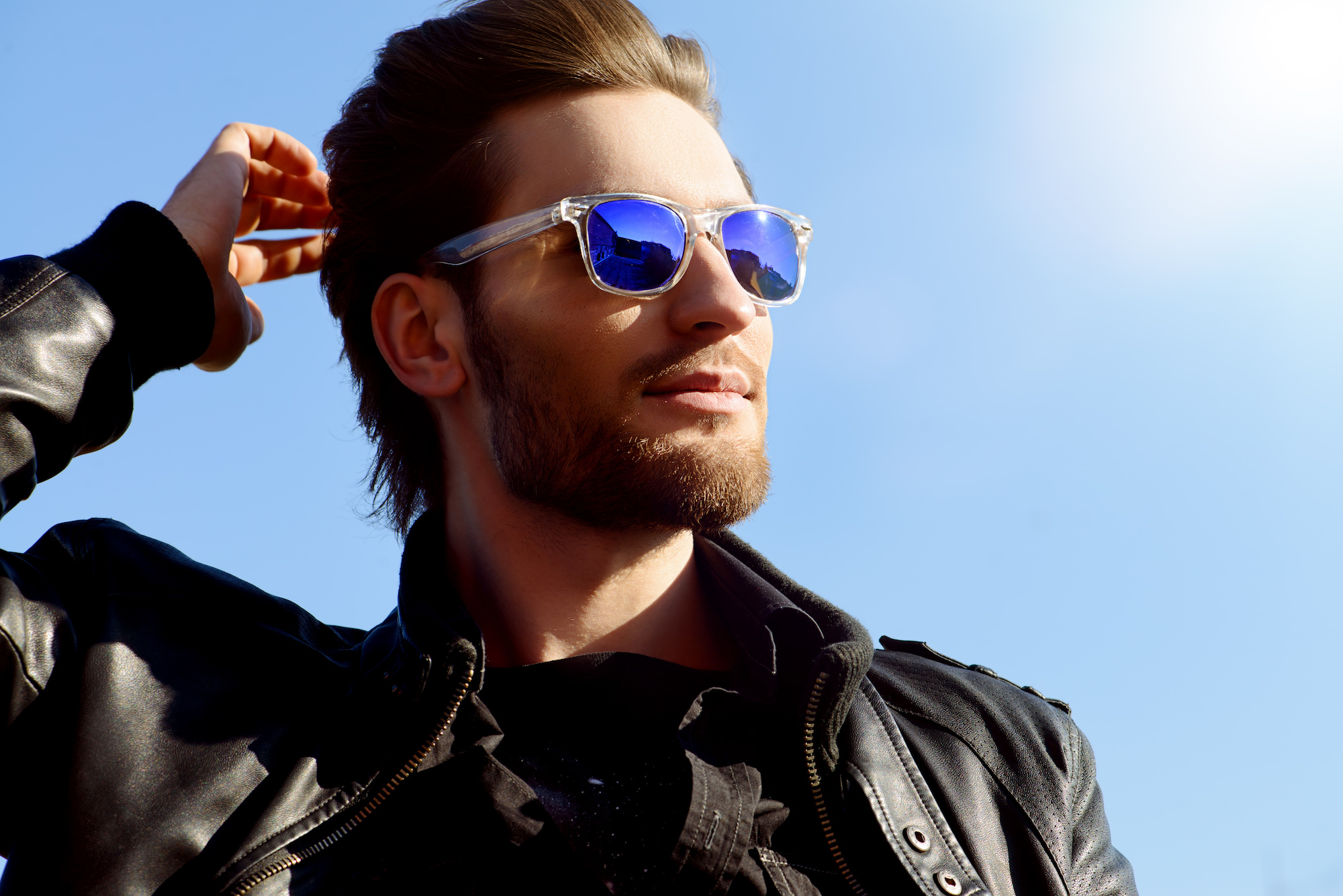 There’s a lot of talk of how UVA and UVB rays from the sun are considered dangerous and can cause damage to your skin cells. While UVB rays are usually associated with sun burns and thought to have a higher chance of causing skin cancer, UVA rays have also been found to increase the risk of cancer and are the main rays associated with wrinkles and pre-mature aging. Both rays can damage the DNA in skin cells directly, so protecting against them with a broad spectrum sunscreen is a vital step toward protecting the health of your skin.
There’s a lot of talk of how UVA and UVB rays from the sun are considered dangerous and can cause damage to your skin cells. While UVB rays are usually associated with sun burns and thought to have a higher chance of causing skin cancer, UVA rays have also been found to increase the risk of cancer and are the main rays associated with wrinkles and pre-mature aging. Both rays can damage the DNA in skin cells directly, so protecting against them with a broad spectrum sunscreen is a vital step toward protecting the health of your skin.
What Does Broad Spectrum Mean?
“Broad spectrum refers to the range of ultraviolet radiation the sunscreen’s protection is effective against,” explains Dr. Adam Mamelak, a board certified Dermatologist and skin cancer specialist at Sanova Dermatology in Austin. Products labelled broad spectrum means that the sunscreen will block or absorb both ultraviolet A and ultraviolet B rays before they have a chance to harm the skin.
Why is Broad Spectrum Better Than Just a UVB Blocker?
“While UVB blockers are not a bad idea, they have a limited range in which they’re truly effective,” says Dr. Mamelak. Switching to a broad spectrum sunscreen helps to protect you from a wider range of harmful rays whenever outside for an extended period, and better preserve the health and appearance of your skin.
Does SPF Mean the Sunscreen has Broad Spectrum Protection?
Simply put, no. SPF (or ‘sun protection factor’) gives an estimate of how long the sunscreen will be effective against UVB rays. It has no bearing on UVA protection. It’s best to look for something that specifies ‘Broad Spectrum Protection’ if you want to be sure that you’re getting protection from both UVA and UVB rays.
Contact Us
For more information on how best to protect your skin from the sun, please contact us at Sanova Dermatology.
